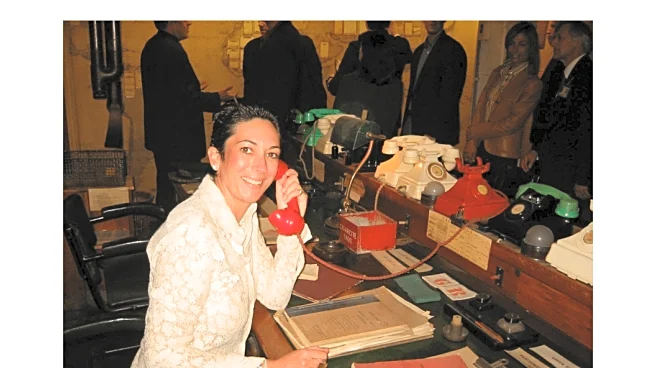Rapid Read • 8 min read
Over 900 former Department of Justice lawyers have signed a letter opposing the nomination of Emil Bove for a federal judgeship. Bove, who served as President Trump's personal attorney, is nominated for a vacancy in the Third Circuit. The opposition stems from Bove's controversial actions during his tenure at the DOJ, including allegedly instructing government lawyers to defy federal judges and dismissing charges against New York Mayor Eric Adams for political reasons. The letter highlights concerns about Bove's influence on the judicial system and the potential erosion of judicial independence.
AD
The opposition to Bove's nomination underscores significant concerns about the integrity of judicial appointments during the Trump administration. If confirmed, Bove's presence in the judiciary could impact the impartiality and independence of the courts, potentially leading to decisions influenced by political considerations rather than legal merit. This situation raises broader questions about the criteria used for judicial nominations and the long-term implications for the U.S. legal system. Stakeholders in the legal community and beyond are closely watching this nomination process, as it could set a precedent for future appointments.
The Senate Judiciary Committee will review Bove's nomination, and the outcome could influence future judicial appointments. If the committee decides to block the nomination, it may signal a shift towards prioritizing judicial qualifications over political affiliations. Conversely, if Bove is confirmed, it could embolden similar nominations, further politicizing the judiciary. Legal experts and civil society groups are expected to continue voicing their concerns, potentially influencing public opinion and legislative actions.
The controversy surrounding Bove's nomination highlights ethical concerns in judicial appointments, particularly the balance between political loyalty and legal expertise. This case may prompt discussions on reforming the nomination process to ensure that judicial candidates are evaluated based on their qualifications and commitment to upholding the rule of law. Additionally, it raises questions about the role of personal connections in securing high-level positions within the government.
AD
More Stories You Might Enjoy












